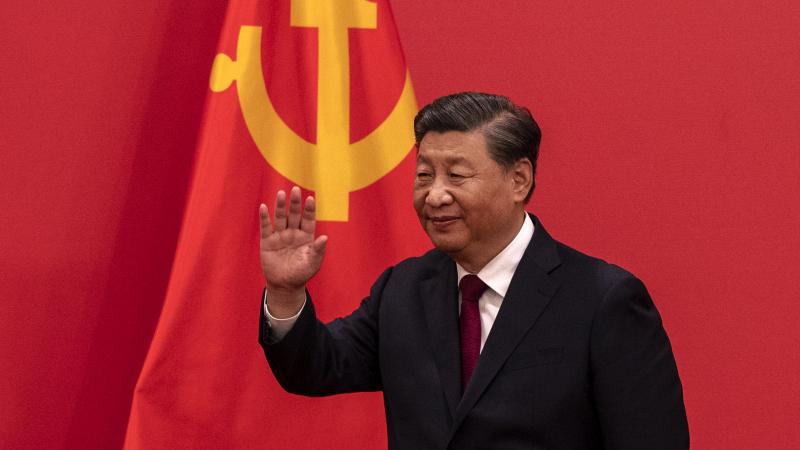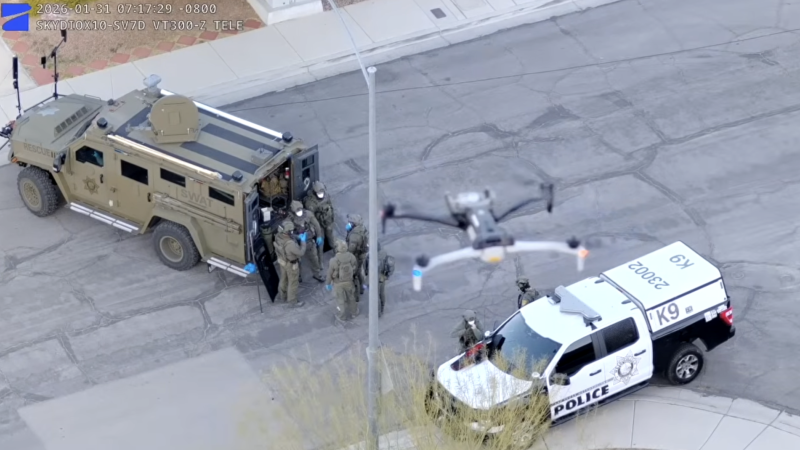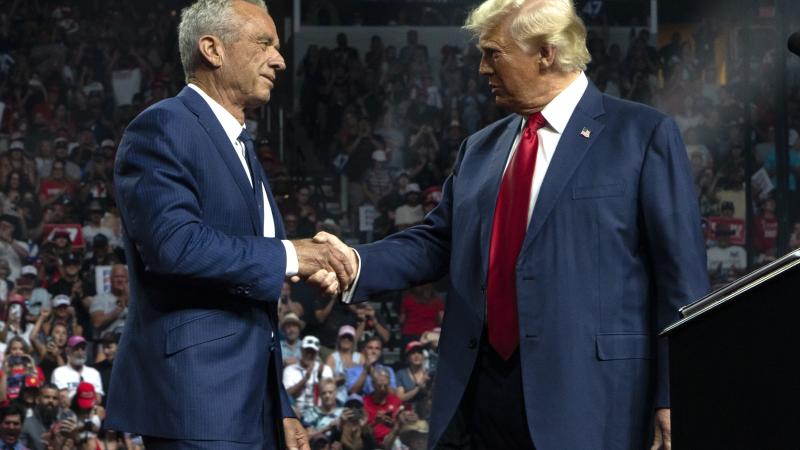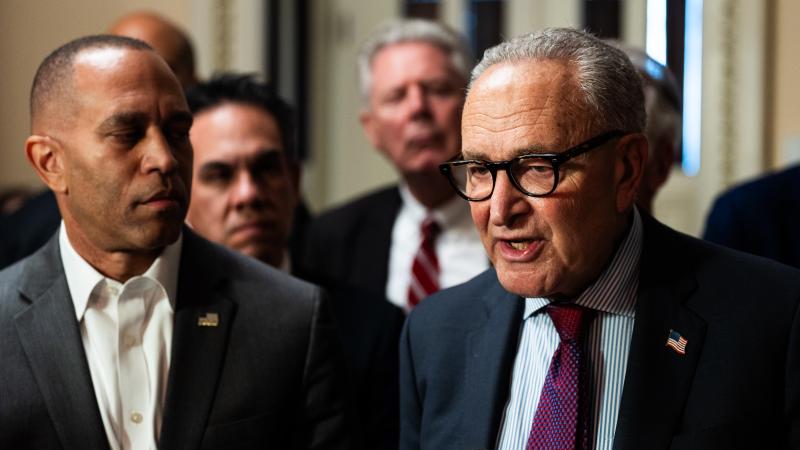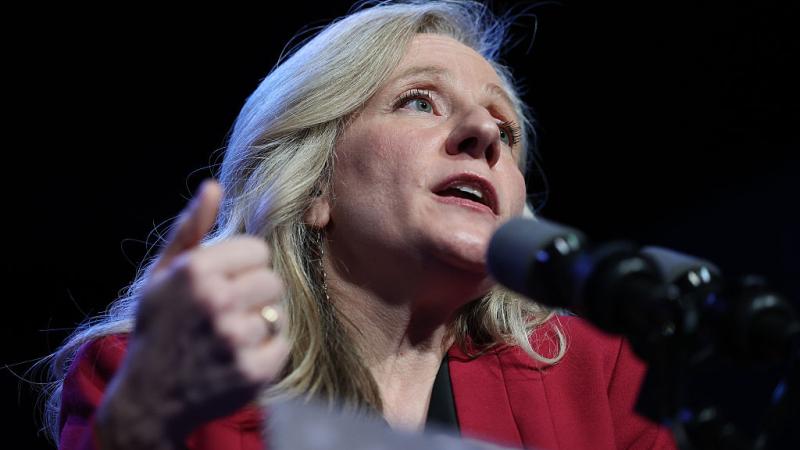Alwyn Cashe ran through fire to save his men; his posthumous Medal of Honor still not awarded
"Every school child should know the name Alwyn Cashe," Iraq War veteran Jim Lechner said.
When Alwyn Cashe's armored vehicle hit a roadside bomb 16 years ago in Iraq, the burly sergeant first class escaped unscathed while his injured men remained trapped inside the burning Bradley. What Cashe did next resonates so strongly with soldiers that they worked for 15 years to persuade the White House and the Pentagon to upgrade Cashe's Silver Star into a posthumous Medal of Honor, the nation's highest award for military heroism.
Now, after being approved but not bestowed by President Donald Trump, the award is in limbo under the Biden presidency — and the soldiers continue to honor their revered compatriot.
"From the family's and the group's point of view, we are all just very hopeful that the White House will announce SFC Cashe's approval and impending award in the very near future," one advocate said.
"His story needs to be told," fellow Iraq War veteran Jim Lechner told Just the News. "Every school child should know the name Alwyn Cashe."
A soldier with the Army's storied 3rd Infantry Division, Cashe and his soldiers were inside a Bradley Fighting Vehicle when it hit the roadside bomb on the evening of Oct. 17, 2005.
"The blast ignited the fuel cell on the vehicle causing fuel to spew everywhere," according to the citation for Cashe's Silver Star. "The vehicle came to a stop and immediately erupted in flames." The fire quickly spread.
"Flames had engulfed the entire vehicle from the bottom and were coming out of every portal," the citation states. "The squad leader inside the vehicle managed to open the troop hatch door to help the soldiers escape. Without regard for his personal safety, Sergeant First Class Cashe rushed to the back of the vehicle, reaching into the hot flames and started pulling out his soldiers. The flames gripped his fuel soaked uniform. Flames quickly spread all over his body. Despite the terrible pain, Sergeant First Class Cashe placed the injured soldier on the ground and returned to the burning vehicle to retrieve another burning soldier; all the while, he was still on fire."
Despite the inferno that seared his lungs and melted his uniform into his skin, Cashe repeatedly ran back to the Bradley, and pulled his men from the vehicle before it could explode. He rescued six soldiers and an Iraqi interpreter.
According to soldier lore, a profoundly burned Cashe refused to be placed in a medical evacuation helicopter until all the other men were whisked off to hospitals. The lore says that when he reached the emergency room, he tried to get off his gurney to help his men. One Air Force medic who treated Cashe said that he kept asking about his soldiers, and told her, "I'm good." But he wasn't.
Several weeks after being burned over most of his body, and after four of his men died from their injuries, Cashe succumbed.
"He truly cared about his people," Cashe's former company commander, James "Jimmy" Hathaway, told an Army interviewer. "That's what made him so special. He was so passionate. He was a father figure to the kids who worked for him. As a platoon sergeant, he actually filled that role while continuing to complete the mission."
After Cashe was awarded the Silver Star, former commanders and soldiers began the painstaking work of securing for him a posthumous Medal of Honor. The soldiers compiled witness statements and documentation. One man embarked on a cross-country bicycle trip to raise awareness about Cashe.
Last year, the U.S. Senate passed a bipartisan bill authorizing the president to posthumously award the Medal of Honor to Cashe for his actions that day in Iraq. Trump approved the award on Jan. 4, and planned to announce it on Jan. 7, according to a Pentagon source. But the Jan. 6 riot at the U.S. Capitol threw everything into disarray, including the Medal of Honor announcement, the source said. When the new administration was sworn in, President Joe Biden and Defense Secretary Lloyd Austin had to sign off again on the award.
"We expect they will do that," according to the Pentagon source. "But we don't know when."
White House spokesperson Jen Psaki acknowledged receiving an email on the subject from Just the News, but the White House press office did not offer details on Cashe by publication time. The Pentagon did not respond to a request for comment.
The Army, meanwhile, is honoring its heroic soldier in other ways.
The 3rd Infantry Division in May dedicated a garden on post at Fort Stewart to the memory of Alwyn Cashe.
“For the many of us who knew and served with Sgt. 1st Class Cashe, we know he wouldn't want any of this — he didn't need anything named for him,” said Command Sgt. Maj. Quentin Fenderson, who deployed with Cashe. "He believed the only acknowledgement he needed was that his boys were safe."
Once Biden and Austin approve the Medal of Honor, Cashe will become the first black soldier to receive the award for actions in Iraq.


